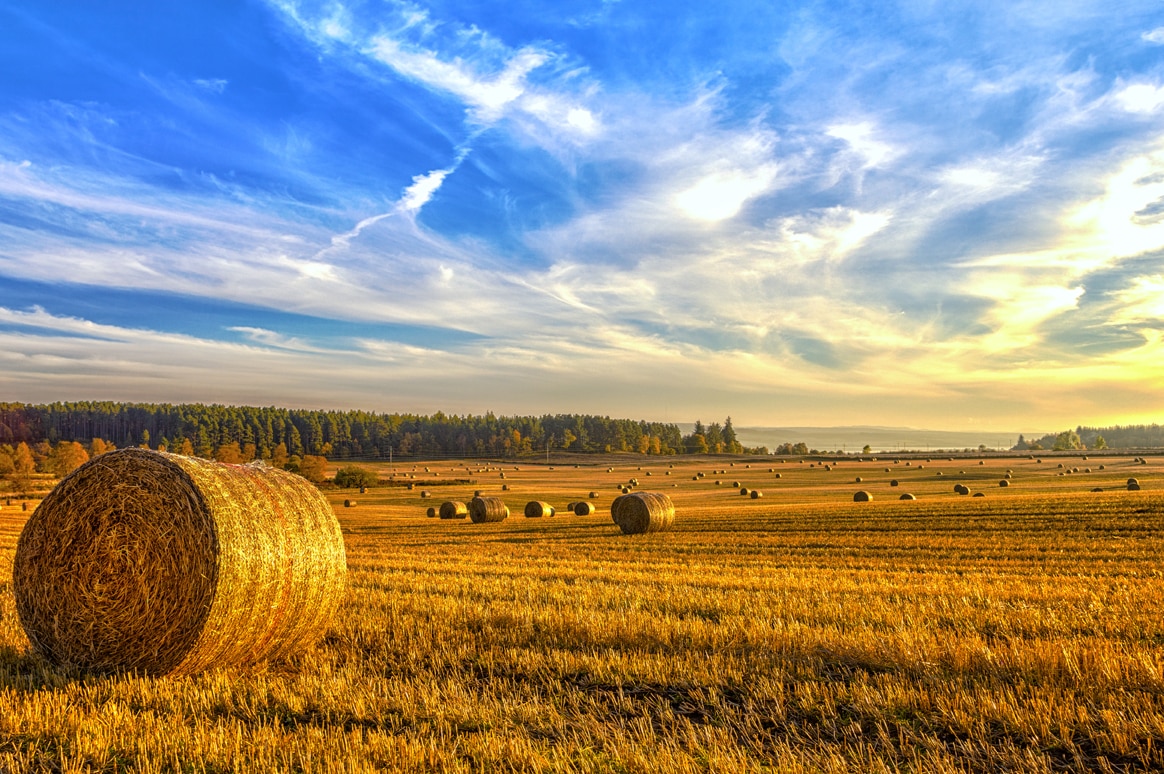David Whiscombe comments on a tricky area.
Normally, and subject to various conditions (including the requirement that the business be conducted on a commercial basis and with a view to the realisation of profits), tax losses from trading can be offset against other income. Special rules additionally apply to farmers.
Since the relevant legislation is headed “Restriction on Relief for “Hobby” Farming or Market Gardening” you might reasonably think that the restrictions apply only to “hobby” farming or market gardening. You’d be wrong: they need to be considered in any case where there have been more than five consecutive years of tax losses (calculated without regard to capital allowances)—what the legislation calls the “prior period of losses”.
OK then: it must at least be the case that if you are a competent farmer doing everything within your control to address profitability, you don’t need to worry about the restriction? Wrong again, we’re afraid: recent cases have specifically said so. Naghsineh [2018] FTT 453 (TC) is the latest in a line of cases that have sought to grapple with this intransigent legislation.
For relief to be available for the sixth and subsequent years of loss, two hurdles must be overcome. The courts have usefully encapsulated them into a single composite test, namely
Can the farmer honestly say (or could he or she say if reasonably competent) the following:
“Looking at the activities in the year under consideration, and taking account of the nature of the activities and the way they are carried on, I would reasonably have expected them to become profitable at some stage, but if you had asked me at the beginning of the prior period of losses to look at those current activities in the same way, I could not reasonably have expected them to become profitable until after the end of the year under consideration”?
The first part of the test is fairly straightforward. In particular, Naghsineh adds to the jurisprudence by confirming that in arriving at the expectation of future profitability, it is reasonable to assume that such actions as are appropriate to stem losses will be taken.
The second part is much less easy. You might think that the question ought to be whether, with the benefit of hindsight, the losses over the “prior period” were such as would be expected of a competent farmer. But it’s not: it’s whether at the start of the period a competent farmer would have expected them. Thus, in French [2014] UKFTT 940 (TC), the profitability of a dairy farmer (whose competence was not at issue) depended crucially on “farm gate” milk prices, which were highly volatile and unpredictable. Consequently, at the start of the “prior period” it would have been quite impossible to say with confidence when profits might be realised—and in particular impossible to say that a competent farmer would have expected the losses to last so long. The test was thus failed and relief denied.
This is counterintuitive: it was precisely because the losses were unforeseeable that the test was failed. That is nonetheless the way the law works and it occurs to us that the unpredictability occasioned by Brexit may present some challenges in this area.
The “simple” solution is of course to ensure that your farming business turns a profit every sixth year. That’s easier said than done. First, simply failing to claim relief for business expenses won’t turn the trick and could in principle result in awkward discussions with HMRC, in which words like “penalties” and “fraud” might figure. On the other hand, avoiding or deferring unnecessary expenditure, or even temporarily ceasing farming and letting the land, may be avenues worth exploring. But take care: because of the way the rules are framed, a small profit in a single year won’t always be sufficient to protect you from the restriction.
For more information, please get in touch.


